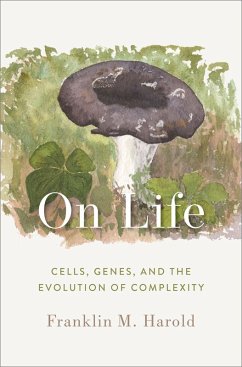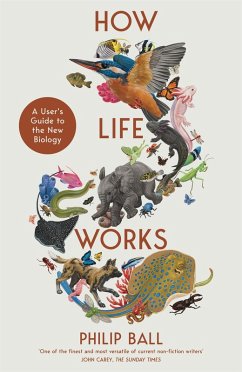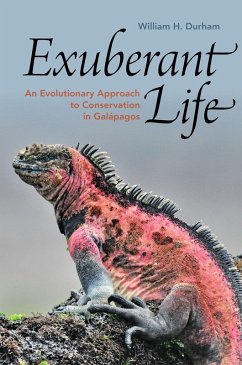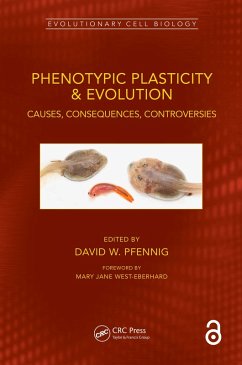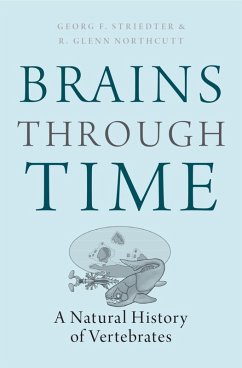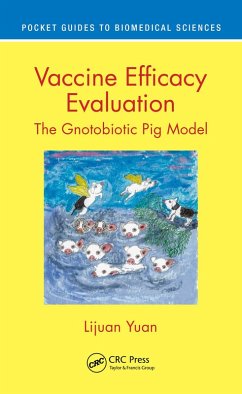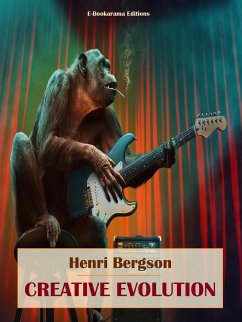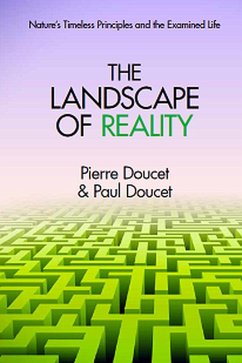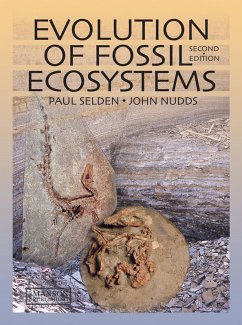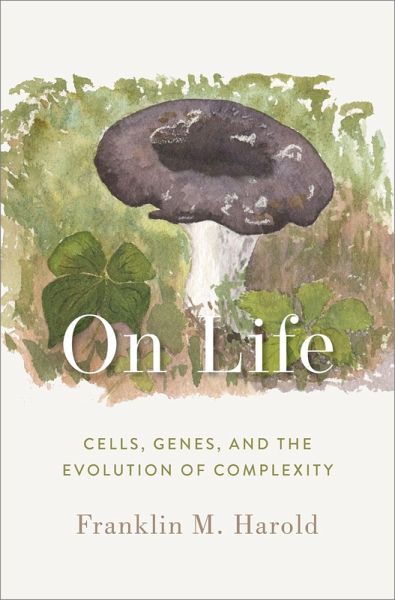
On Life (eBook, ePUB)
Cells, Genes, and the Evolution of Complexity

PAYBACK Punkte
7 °P sammeln!
Franklin M. Harold's On Life reveals what science can tell us about the living world. All creatures, from bacteria and redwoods to garden snails and humans, belong to a single biochemical family. We all operate by the same principles and are all made up of cells, either one or many. We flaunt capacities that far exceed those of inanimate matter, yet we stand squarely within the material world. So what is life, anyway? How do living things function, and how did they come into existence? Questions like these have baffled philosophers and scientists since antiquity, but over the past half-century...
Franklin M. Harold's On Life reveals what science can tell us about the living world. All creatures, from bacteria and redwoods to garden snails and humans, belong to a single biochemical family. We all operate by the same principles and are all made up of cells, either one or many. We flaunt capacities that far exceed those of inanimate matter, yet we stand squarely within the material world. So what is life, anyway? How do living things function, and how did they come into existence? Questions like these have baffled philosophers and scientists since antiquity, but over the past half-century answers have begun to emerge. Offering an inside look, Franklin M. Harold makes life accessible to readers interested in the biological big picture. The book traces how living things operate, focusing on the interplay of biology with physics and chemistry. He asserts that biology stands apart from the physical sciences because life revolves around organization-- that is, purposeful order. On Life aims to make life intelligible by giving readers an understanding of the biological landscape; it sketches the principles as biologists presently understand them and highlights major unresolved issues. What emerges is a biology bracketed by two stubborn mysteries: the nature of the mind and the origin of life. This portrait of biology is comprehensible but inescapably complex, internally consistent, and buttressed by a wealth of factual knowledge.
Dieser Download kann aus rechtlichen Gründen nur mit Rechnungsadresse in A, B, BG, CY, CZ, D, DK, EW, E, FIN, F, GR, HR, H, IRL, I, LT, L, LR, M, NL, PL, P, R, S, SLO, SK ausgeliefert werden.




